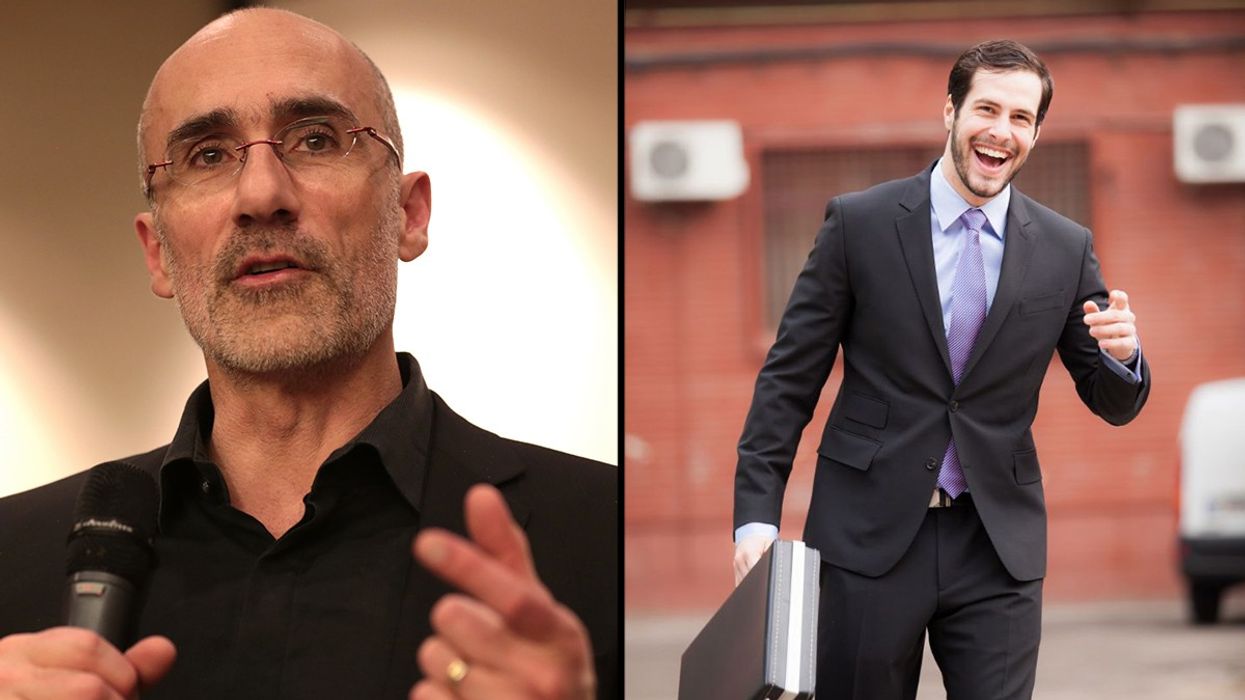North Korea’s capital city of Pyongyang is a ruin enthusiast’s dream. The communist ghost town boasts impressive Brutalist architecture and Blade Runner-esque buildings that sit next to drab Soviet-era housing projects. One of the city’s most jaw-dropping buildings is the tallest hotel in the world, the 105-story Ryugyong hotel. But after the Soviet Union collapsed, funding ran dry so no one checks in or out. North Korea’s creepy, secretive charm lures nearly 6,00 visitors from the west each year, but recently, the U.S. has doubled down on its efforts to keep you from thinking it’s okay to pay a visit.
The U.S. State Department issues travel warnings every six months on a variety of countries, but recent legislation requires the agency to release travel briefings on North Korea every 90 days. There’s good reason for the warnings, too. The U.S. has no diplomatic relationship with the reclusive country, and if trouble arises with a U.S. citizen, it must summon help from the Swedish Embassy. Tourists that violate North Korean laws face draconian sentences and 15 American citizens have been imprisoned in North Korea over the past decade.
In January, Otto Warimber, a 21-year-old student from University of Virginia was reportedly sentenced to 15 years of hard labor for stealing a piece of propaganda. In April of 2013, Korean-American Christian missionary Kenneth Bae was sentenced to 15 years of imprisonment on charges of plotting to overthrow the North Korean government. He was released 17 months later.
Here’s the U.S. State Department’s list of activities that can get you locked up in North Korea:
-- Showing disrespect to the country’s former leaders, Kim Il Sung or Kim Jong Il, or for the country’s current leader, Kim Jong Un, including but not limited to tampering with or mishandling materials bearing their names or images
-- Entering North Korea without proper travel documentation
-- Possessing material that is in any way critical of the DPRK government
-- Proselytizing or carrying out religious activities, including activities that may be construed as such, like leaving behind religious materials
-- Engaging in unsanctioned political activities
-- Traveling without authorization, even for short distances
-- Having unauthorized interaction with the local population
-- Exchanging currency with an unauthorized vendor
-- Taking unauthorized photographs
















 Otis knew before they did.
Otis knew before they did.